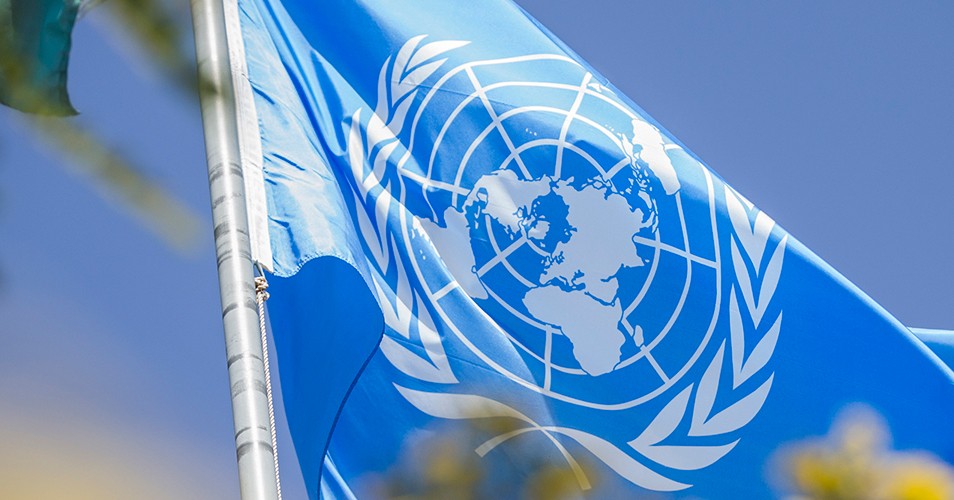On 4 March 2022, the UN Committee on Economic, Social and Cultural Rights adopted its Concluding observations on the third periodic report of Serbia on the implementation of the International Covenant on Economic, Social and Cultural Rights (ICESCR).
After its three-day review of alternative reports, including, on 21 February, of the Alternative Report of the Platform of Organizations for Cooperation with UN Human Rights Mechanisms, one of which is the Belgrade Centre for Human Rights (BCHR), the Committee issued its concluding observations and recommendations in the field of social and economic policies, in which it addressed, inter alia, the situation of refugees, asylum seekers and migrants.
The section of the Alternative Report on the economic, social and cultural rights of refugees, migrants and asylum seekers was prepared by the BCHR, which singled out the following problems faced by this category of people: difficult access to the right to work and high work permit fees; discrimination against refugees and asylum seekers opening bank accounts; difficulties refugees and asylum seekers living in private lodgings experience in accessing healthcare; inconsistent practices concerning subsidised kindergarten attendance of refugee children, and the right to housing. The Report also alerts to the years-long violations of the refugees’ freedom of movement arising from their inability to obtain travel documents and Serbian nationality, i.e. their full naturalisation.
After it received the reports, the Committee held discussions with Serbia’s state delegation on the issues and violations of economic and social rights since 2014.
The Committee expressed concern about the substantive discrimination faced by disadvantaged and marginalized individuals and groups, including refugees, asylum seekers and migrants, in accessing work, social protection, housing, healthcare services and education. It observed that the situation has further deteriorated due to growing hate speech, including through social media.
The Committee urged Serbia to intensify its efforts to promote equality and combat discrimination against Roma and persons belonging to national minority groups, persons with disabilities, refugees, asylum seekers, internally displaced persons and LGBTI persons.
In the context of protection of the rights of refugees, migrants and asylum seekers, the Committee expressed concern about the shortcomings of the asylum procedure; the continuing inadequate reception conditions; and the insufficient protection and support provided for unaccompanied and separated children. It urged Serbia to improve the asylum procedures with a view ensuring the consistency of decisions and the compliance with the statutory deadlines; improve the conditions of reception centres and access to healthcare and other basic services; and provide all unaccompanied and separated children with alternative care arrangements and guardianship protection and ensure that they continue education with adequate support, including adequate language learning.
The Committee also noted that refugees and asylum seekers, particularly those living in private accommodations, were limited to receiving emergency healthcare services.
The Committee noted the indication by the delegation of a concrete plan for the ratification of the Optional Protocol to the Covenant by the end of 2022, but remained concerned at the absence of court decisions invoking provisions of the Covenant in their decisions and the lack of specialized training on the justiciability of the provisions of the Covenant for judges, prosecutors and lawyers.
The Committee’s Concluding observations on the third periodic report of Serbia, including its recommendations on the improvement of the situation of refugees, asylum seekers and migrants, as well as other vulnerable categories, are available here. The BCHR will continue monitoring the implementation of these recommendations in cooperation with the Government Council for Monitoring the Implementation of UN Recommendations.
